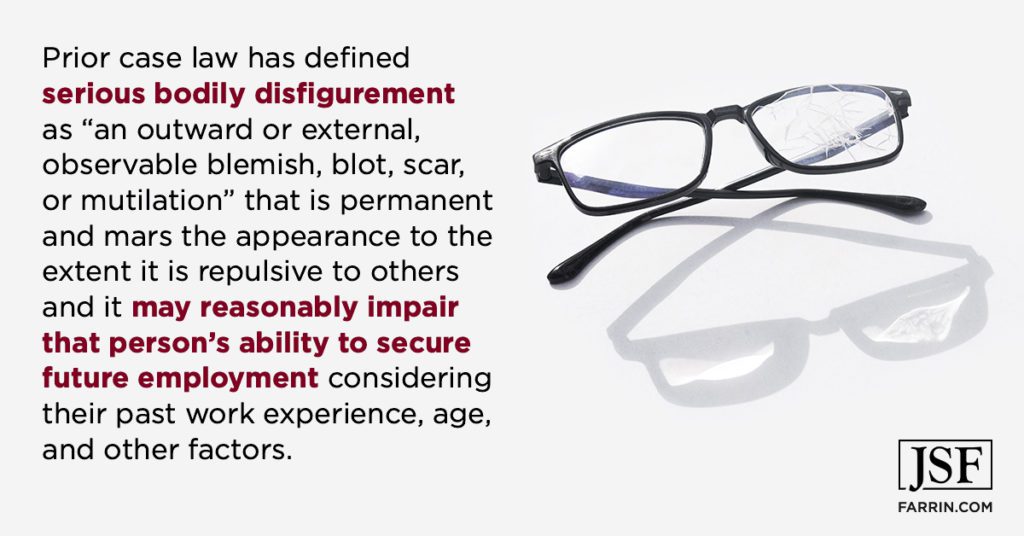When you’re injured on the job, getting better becomes your job. What happens, though, if you can’t recover fully? Following medical treatment due to a work injury, a medical provider or physician will release an injured worker from treatment once he or she believes that they have reached “maximum medical improvement” or MMI. Basically, the worker is “as good as he or she can get.”
What Happens if I Reach MMI?
Often, despite this release from treatment, an injured worker has not necessarily made a full recovery and continues to suffer from some permanent partial impairment or disability. A medical provider will assign a percentage of impairment to the injured body part once the worker has reached MMI.
Previously, an injured worker could only recover a specified amount if the injury to their particular body part was listed in the WC statutes – and that was their only remedy. This was and is referred to as a “scheduled injury.”
This changed more than 30 years ago, and now, an injured worker may elect the most beneficial remedy available to them, depending on whether it makes more sense to either recover for the scheduled injury or receive partial or total disability benefits. The choice between recovering for the injury and the disability benefits is an important one to consider. For this reason, it is important to consult an attorney to make sure an injured worker is receiving the best outcome for their situation.
What Happens if I am Disfigured, or Have Permanent Scarring?
Sometimes there are instances of serious facial or head disfigurement or serious bodily disfigurement as a result of the work injury. The workers’ compensation law allows certain benefits to be “stacked” or combined.
For example, if an injured worker is assigned an impairment percentage rating to their arm following a surgical procedure, but the arm has permanent disfigurement due to surgical scarring, then he or she may be able to recover not only for the percentage that was assigned by their doctor upon reaching MMI, but also due to the disfigurement. The two benefits stack.
Here’s another example. Let’s say a worker sustains serious burn injuries to their leg, resulting in permanent impairment of the leg. That leg is also permanently disfigured due to the scars from the burns. In this case, he or she may be able to recover for the scheduled injury and percentage of disability that was assigned by their doctor in addition to recovery for disfigurement.
Who Decides How Am I Compensated for Being Disfigured?
Compensation for serious bodily disfigurement is discretionary. Prior case law has defined serious bodily disfigurement as “an outward or external, observable blemi
sh, blot, scar, or mutilation” that is permanent and mars the appearance to the extent it is repulsive to others and it may reasonably impair that person’s ability to secure future employment considering their past work experience, age, and other factors.
There is wide discretion for the North Carolina Industrial Commission (NCIC) to determine awards for serious bodily disfigurement and no present loss of wages is required. Compensation for serious facial or head disfigurement, on the other hand, is not discretionary and it is mandatory.
Under the law, the determination of whether an injured worker has sustained serious facial or head disfigurement is a question of fact to be decided by the NCIC. The definition of facial disfigurement is similar to the previous definition for bodily disfigurement but it is slightly different with regard to the ability to obtain future employment. Under the law, the Industrial Commission may award proper and equitable one-time distribution not to exceed $20,000 for serious facial or head disfigurement or an amount not to exceed $10,000 in the case of serious bodily disfigurement.
When Is Permanent Disability Certain?
With regard to permanent disability, under the law, the loss of both hands, or both feet, or both legs, or both eyes, or any two thereof shall constitute total and permanent disability. Regarding vision loss, where there is 85% or more loss of vision in any eye, then this is deemed “industrial blindness” and the injured worker will be compensated for the total loss of vision of that eye.
If You’ve Been Injured at Work, Consult an Experienced Workers’ Compensation Attorney
Being hurt on the job is tough situation, and some injuries can be truly life-altering. It’s important to know you’re getting the benefits to which you’re entitled, especially if your injury has long term effects. Contact the Law Offices of James Scott Farrin for a free case evaluation by calling 1-866-900-7078, or you can reach us online.
You May Also Be Interested In
What Is a Functional Capacity Evaluation?
Don’t Let an FCE Derail Your Right to Workers’ Comp Benefits




